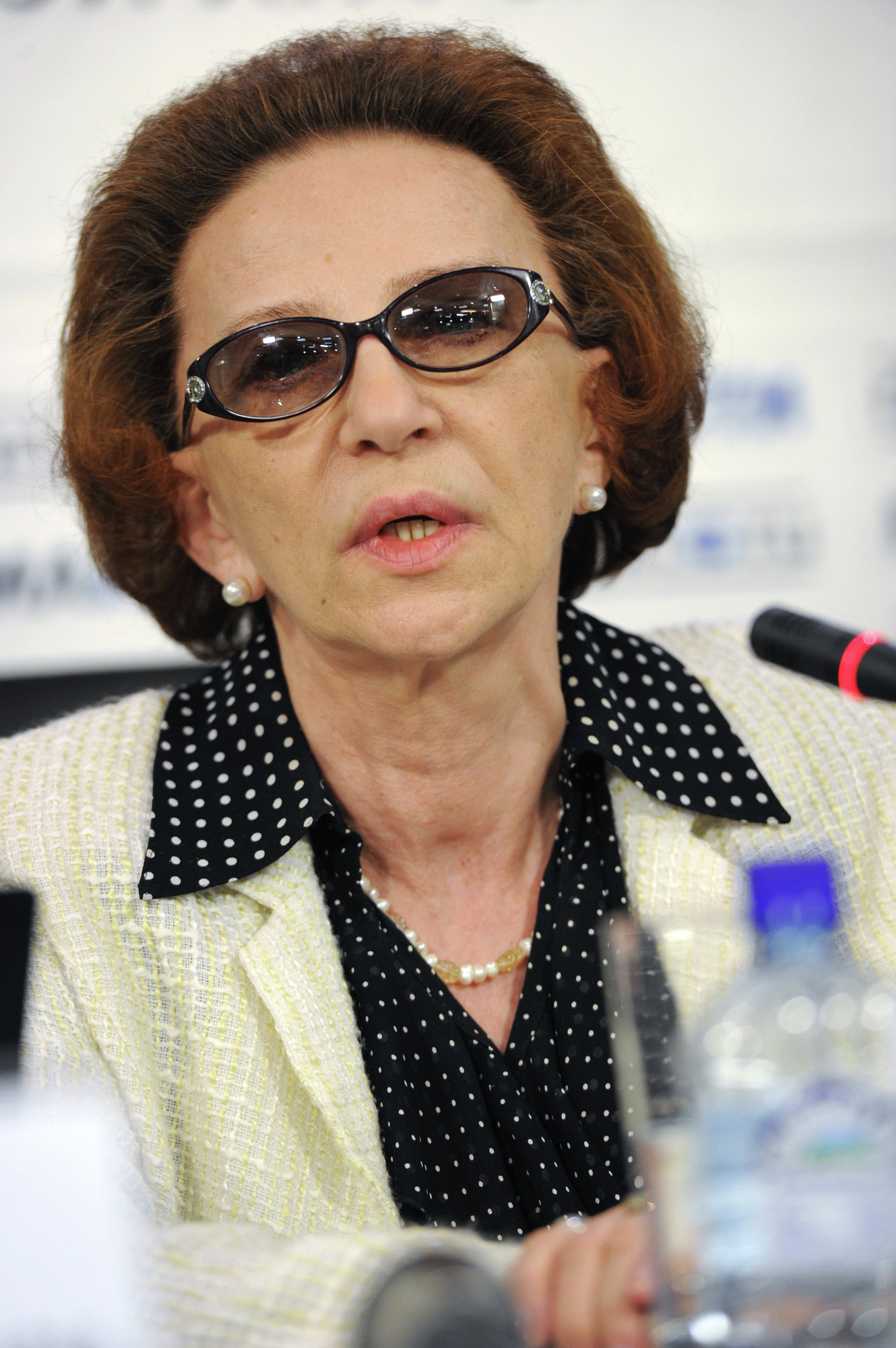MOSCOW, April 15 - RAPSI. Russian law lacks clear grounds for enforcing sanctions against judges, retired Constitutional Court judge Tamara Morshchakova said during a panel discussion organized by the Supreme Commercial Court on Monday.
Potential offenses need to be defined more concisely, so as to provide clear grounds for appropriate sanctions in a judicial discipline case, she said.
In most cases, punishing judges for mala fide actions is the responsibility of qualification boards, which should be as independent as possible, Morshchakova said.
The bodies responsible for certifying new judges cannot merge with those considering disciplinary problems. She added that a judge cannot face sanctions for a ruling even if the decision was wrong. If a decision was proved to be wrong, it should be canceled. A judge should only face sanctions for knowingly passing an unjust verdict, Morshchakova said.
Supreme Commercial Court Deputy Chairperson Tatyana Andreyeva agreed that there needs to be a clearer definition of disciplinary offenses, and more specific instructions regarding which violations may result in a judge losing his or her position.



